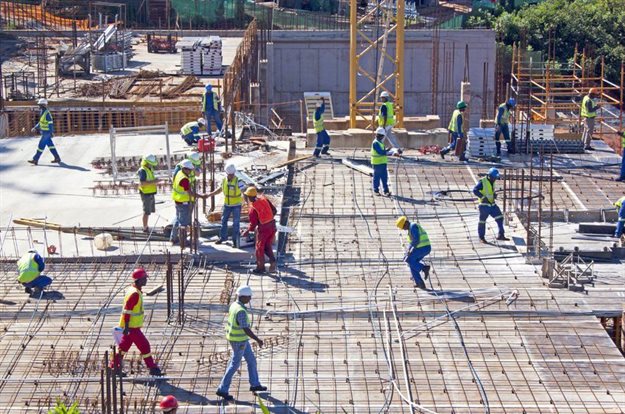Disruptions and work stoppages orchestrated by the now-infamous construction mafia in South Africa is adding to the woes of the already beleaguered construction sector. However, there are proactive ways to avoid these situations, according to Aadila Mahomed, an associate at MDA Construction & Technology Attorneys.
“We have acted for our clients on an increasing number of cases involving the construction mafia as they disrupt the ability of contractors to complete the works within the specified time frame which in turn has cost implications. We are working to ensure that these types of disruptions are considered during the initial contracting stage, as well as suggesting practical steps they can take during the construction phase,” she explains.
The so-called construction mafia is made up of local community and representatives of various business or community forums who threaten violence and cause disruptions on sites, demanding that certain contractors are appointed. Generally, they are not parties to contracts, adding to the difficulty of effectively dealing with the consequences of their actions.
Force majeure
Recently, the Supreme Court of Appeal casted doubt on aspects of a high court ruling in a claim against Sanral involving force majeure, which also covers strikes. Simply put, South African law is not clear on whether contractors can successfully claim additional time and costs on the basis of force majeure provisions.
Mahomed explains: “Standard-form contracts such as those of FIDIC and JBCC include strikes in their definitions of force majeure. They entitle a contractor to additional time to complete the work and FIDIC has a clause which provides for payment to cover costs incurred in a force majeure event if this is beyond the contractor’s control, unforeseen before the conclusion of the contract and unable to be reasonably avoided.”
A recent matter considered by the high court held that the contractor (in this case, a joint venture) was solely responsible for the safety of the project site and that a prudent contractor would have foreseen the demand for jobs by the local community. The actions and consequences were not beyond the contractor’s control and therefore the community’s actions did not constitute force majeure. On the other hand, the Supreme Court of Appeal was of the view that certain aspects of the high court’s reasoning were “somewhat illogical”.
Considerations at the contracting stage
Due to this apparent grey area in South African law, Mahomed says it is important to cover some material considerations at the contracting stage:
- What plans and safety procedures do both parties have in place in the event of disturbance at the site?
- Will the contractor be granted an extension of time where the works are disrupted by unrest?
- Will the contractor be paid more where additional costs are incurred as a result of work stoppages caused by this unrest?
- If legal action needs to be instituted against perpetrators, who will be liable for the costs of this action?
MDA Attorneys also recommends implementing the following measures to ensure the safety of the site and the works:
- Ensure that the site is properly zoned off, with any entry and exit points subject to access control procedures.
- Have a safety and evacuation plan in place.
- Ensure that an efficient communication system (a WhatsApp group, for instance) is in place in the event of an emergency.
- Put additional security in place around the site.
- Addressing this issue before commencement of the works will save the parties time and money and may reduce the prejudice suffered by both parties for a situation which is out of their control.
- Not all eventualities are covered by the law.
MDA Attorneys recently acted for a client where obstructions were initiated by contracted parties. Unhappy with the payment arrangements that were outlined in the initial contract, contractors blocked access to the site and intimidated workers. MDA Attorneys obtained an urgent interdict which not only specified every possible behaviour that would constitute intimidation or delay but also included specific actions and remedies if the provisions were not complied with. The requirements of urgency were clearly outlined and as a result, delays on account of the actions of the contractors were drastically minimised.
Mahomed concludes: “Not addressing risk factors in agreements can leave the parties in limbo in terms of accountability, legal action, extension of time and additional payments to be made. This, in turn, has a ripple effect on the already struggling construction industry. Parties need to save time and money as far as possible.”

































